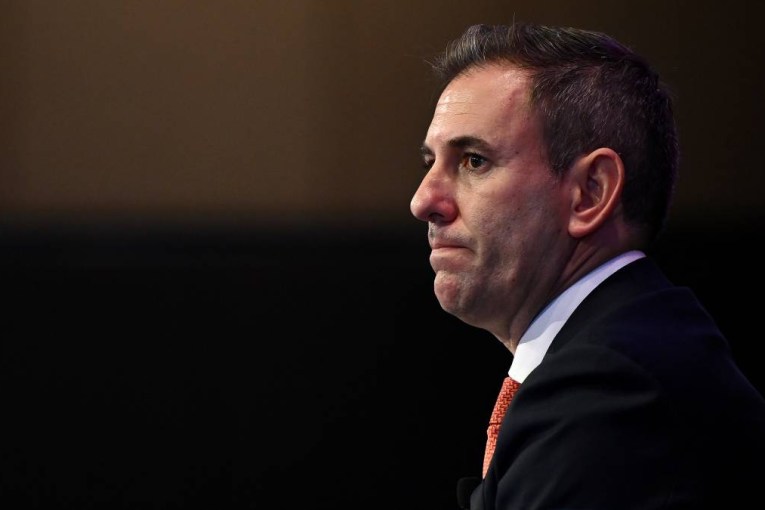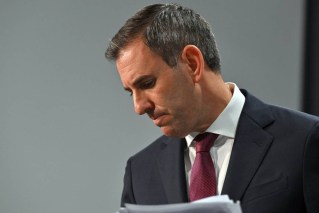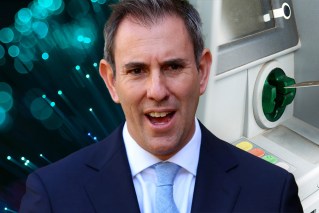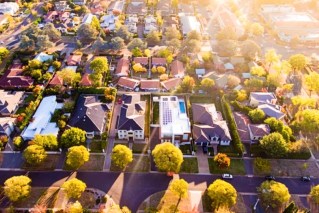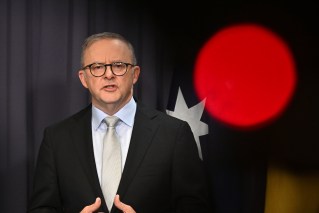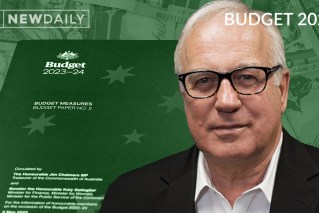Budget 2017: University degrees to cost more, get paid back earlier

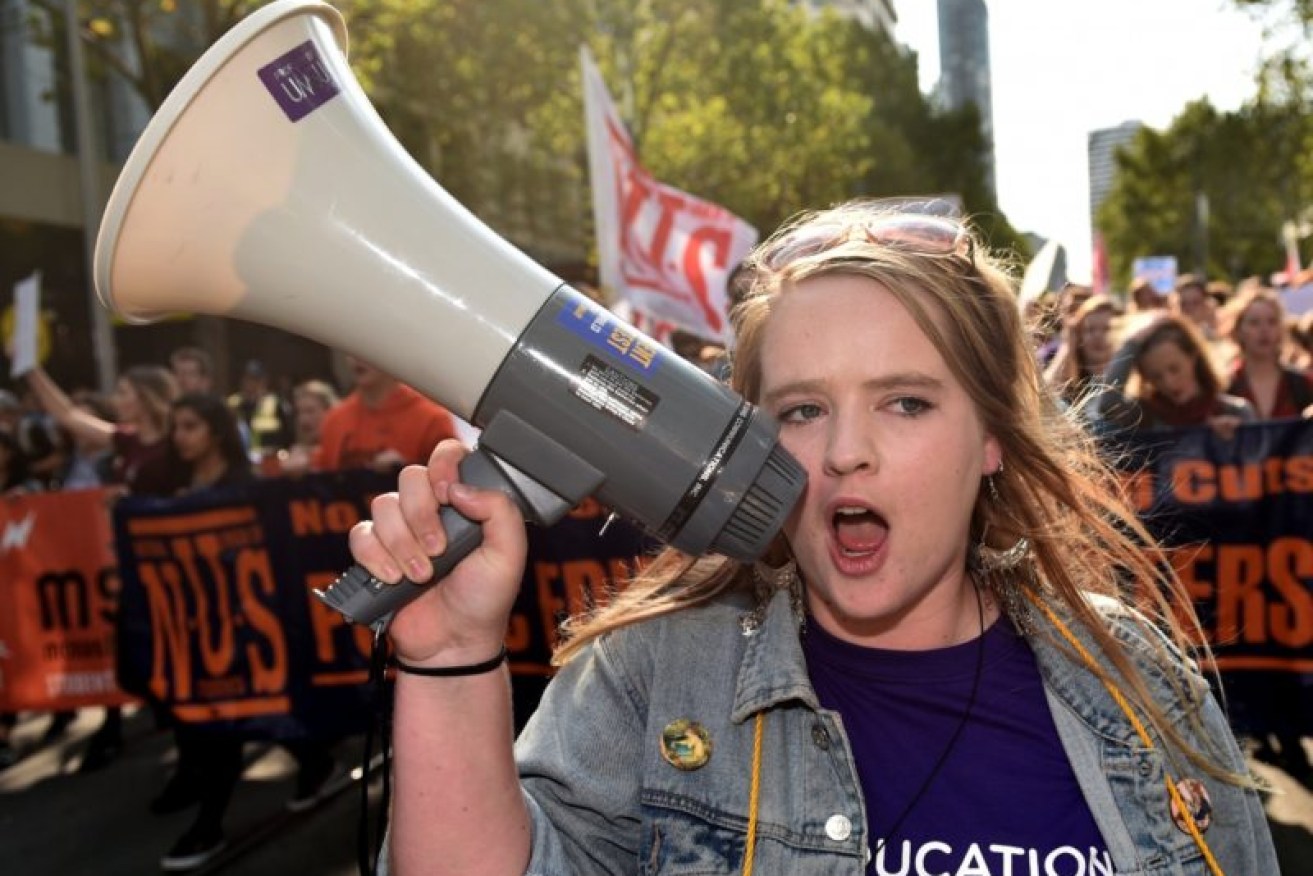
Universities are furious about proposed changes to higher education. Photo: AAP
Nearly 200,000 low-income Australians will have their wages docked from July 1 next year as the Turnbull government claws back budget savings from the pockets of university students.
In a speech on Monday night, Education Minister Simon Birmingham confirmed he would lower the threshold at which students start repaying their HELP debt from $54,869 to $42,000.
That means a former student earning $45,000 will hand over $675 to the government a year, when before they paid nothing. And if their wage goes up to $50,000 they’ll sacrifice $750.
The government will also impose a 2.5 per cent cut to university funding for the next two years and increase student fees by 7.5 per cent by 2021.
Senator Birmingham defended the hikes “as fair, measured and modest” given that university funding had risen faster than costs.
“The maximum any student will pay under a four-year, Commonwealth supported course is $50,000, well short of some of the scare campaigns we’ve seen.”
The fee increases will mean students will pay between $2000 and $3600 more for a four-year course. A six-year medical degree would result in student fees up to $75,000.
The cost of a four-year nursing degree will increase $1250, from $26,550 to $27,800, while Arts students will pay $700 more, from $19,700 to $20,400, according to the government.
For a science student, the fee hike will mean their degree will jump from $28,100 to $29,100, and for someone studying teaching, they’ll pay $27,800, an increase of $1250.
Senator Birmingham said taxpayers should benefit from the “efficiencies” brought about by surging enrolment numbers and the use of new technologies.
“At a time of major budget pressures, which the higher education sector in terms of funding growth afforded to it have contributed to, taxpayers should expect to share in efficiencies that have been realised by largely taxpayer-funded institutions.”
The overhaul is expected to boost the budget bottom line by $2.8 billion over four years. The government’s previous plan – fee deregulation and a 20 per cent cut to uni funding – would have saved $3.2 billion.
The HELP system is something the government has its eye on as part of its anti-debt drive. HELP debt is now $52 billion which is almost 10 per cent of the the federal government’s $555 billion debt load.
Tertiary education has been a battleground since the Abbott government came to power in 2013. It planned a 20 per cent cut to tertiary funding which was never legislated and plans to allow unis to set their own fees also foundered.
But the government senses fat in the tertiary system and sent consultants Deloitte Access Economics to find out. Deloitte’s report says that between 2010 and 2015 uni costs rose 9.5 per cent while uni funding per student rose 15 per cent.
The universities in Deloitte’s survey earned $28.1 billion in 2015 and the government kicked in another $16.3 billion, giving them an operating margin over expenses of 6.1 per cent.
Some of that difference is what Treasurer Scott Morrison is gunning for but to many observers the figures he’s relying on don’t paint the true picture.
“This is a return to the 2014 budget of Tony Abbott, the $100 000 university degrees,” Labor’s education spokeswoman Tanya Plibersek said.
“The supposed improvement in university finances has al been done at the cost of students and staff,” said Jeannie Rae, president of the National Tertiary Education Union.
“There has been an increase in class sizes of 70 per cent in some courses.
“Classes are bigger and there is less of them. Students are paying more and getting less.”
-with Luke Henriques-Gomes
